The image shows two Chinese Navy Type 056A missile frigates docked at Cambodia's Ream Naval Base in August 2024. They are the Aba (hull number 630) and the Tianmen (hull number 631). (Radio Free Asia)
[People News] Xi Jinping, the General Secretary of the Communist Party of China, visited Vietnam, Malaysia, and Cambodia from April 14 to 18. On the morning of the 17th, he departed from Malaysia and arrived in Cambodia. In his speech at the airport, he emphasised the need to deepen higher-level political mutual trust, enhance the quality of mutually beneficial cooperation, strengthen security guarantees, increase the frequency of cultural exchanges, and elevate strategic collaboration to higher standards...
On the 14th, the same day he began his visit, Cambodia presented him with a "generous gift": the repatriation of 179 Taiwanese individuals suspected of telecommunications fraud back to Wenzhou, mainland China. These individuals were arrested by Cambodian police during a raid on an internet fraud centre in the capital, Phnom Penh, on March 31.
Is this what Xi refers to as "strategic collaboration"—using Taiwanese individuals as hostages to threaten the Republic of China, which prides itself on human rights? How will the Communist Party manage the situation regarding the Taiwanese?
In August 2023, a report from the United Nations Human Rights Office revealed that around 100,000 people in Cambodia are estimated to be forced into cybercrime activities. According to Radio Free Asia, many Taiwanese victims are controlled by Chinese criminal groups operating in cities like Sihanoukville, who lure them with false job opportunities, ultimately coercing them into committing internet fraud.
Phnom Penh International Airport in Cambodia has reported that the Ministry of Public Security of the Communist Party of China has sent three special flights to transport individuals to Wenzhou. The Ministry of Foreign Affairs of the Republic of China has announced that its representative office in Ho Chi Minh City has started negotiations with the Cambodian government; however, the Cambodian authorities have not yet provided a complete list or specific number of suspects. The Republic of China government estimates that between 2016 and May 2024, over 600 Taiwanese individuals suspected of involvement in online fraud have been deported to mainland China after being arrested abroad.
In recent years, Cambodia's ties with the Communist Party of China have deepened significantly across economic, political, and military domains. Mainland China has become Cambodia's largest investor and trading partner, with bilateral trade projected to exceed $15 billion in 2024. Major infrastructure projects, such as the expressway linking Cambodia's capital, Phnom Penh, to its largest seaport, Sihanoukville, and a $1.7 billion canal project, have been established in Cambodia under the Communist Party's Belt and Road Initiative.
On the political front, Cambodia has consistently supported the Communist Party of China's positions in international matters, including sovereignty disputes in areas like the South China Sea, and has endorsed the Communist Party's stance on Taiwan.
In terms of military cooperation, on April 5, the China-Cambodia Yunrang Port Joint Support and Training Centre officially began operations, enabling the Communist Party to carry out its military objectives in the country under the pretext of counter-terrorism. Additionally, the Communist Party is looking to expand the Yunrang Naval Base (Ream Naval Base) in Cambodia, which has raised concerns among countries in the Asia-Pacific region regarding the potential deployment of Chinese military forces in the Gulf of Thailand.
The Chinese Communist Party (CCP) asserts that it does not interfere in the internal affairs of other countries; however, it persistently infiltrates other nations through various means, including security, military presence, economic influence, cultural outreach, and political tactics, expecting these countries to depend on it. Netizens have remarked that as an independent sovereign nation, one should not be coerced by other countries, especially by the Communist Party, and should not sacrifice dignity for the sake of interests.
According to meteorological data from Malaysia, during the party leader's two-day visit, the evenings were marked by dark clouds and thunderstorms. Notably, on the evening of the 16th, several lightning strikes caused buildings to shake, and on the 14th, when he arrived in Vietnam, the weather was similarly overcast. Some netizens humorously noted, 'Even the heavens do not welcome his arrival.'

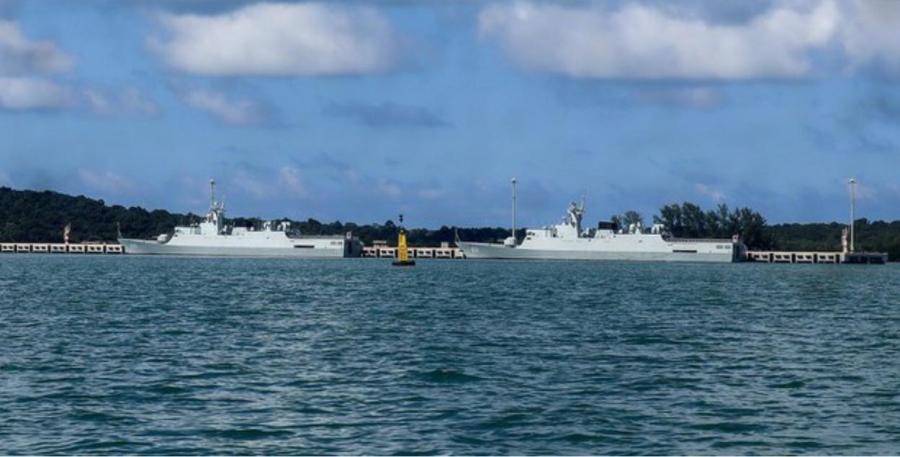


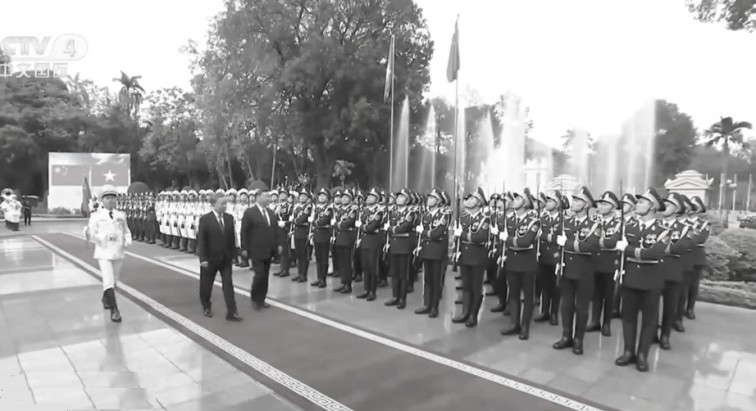
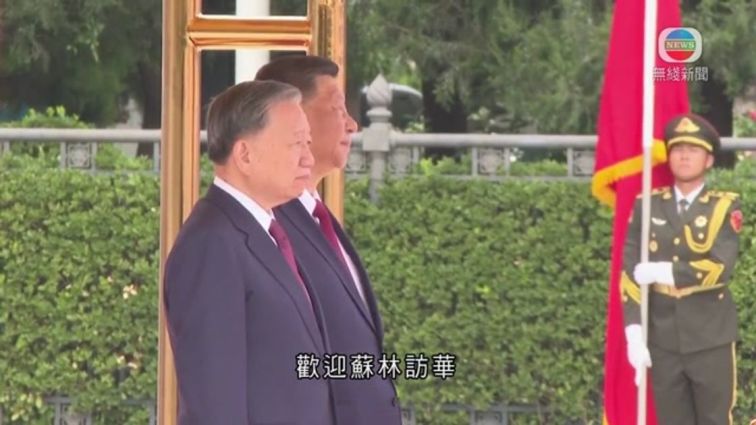

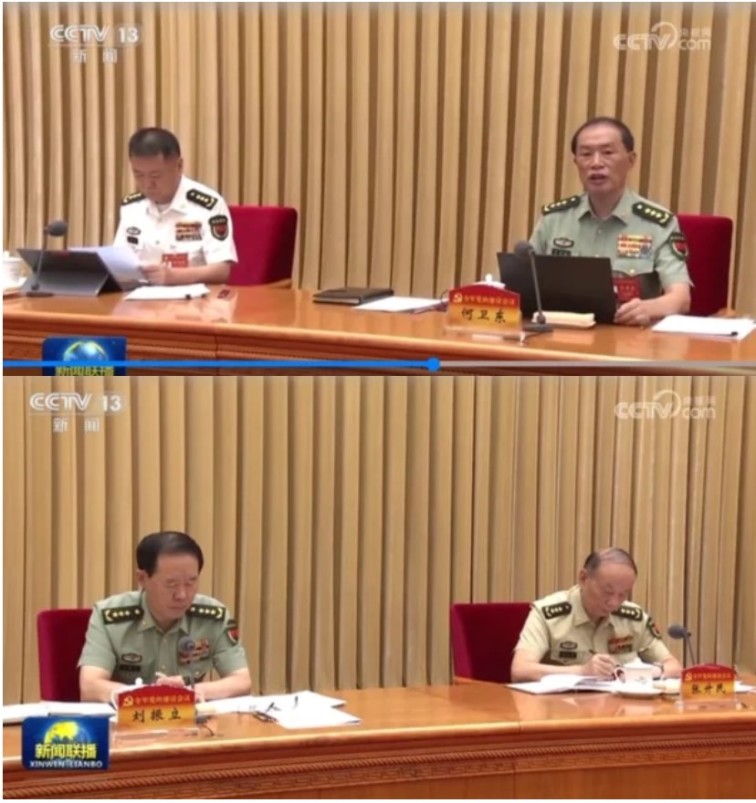

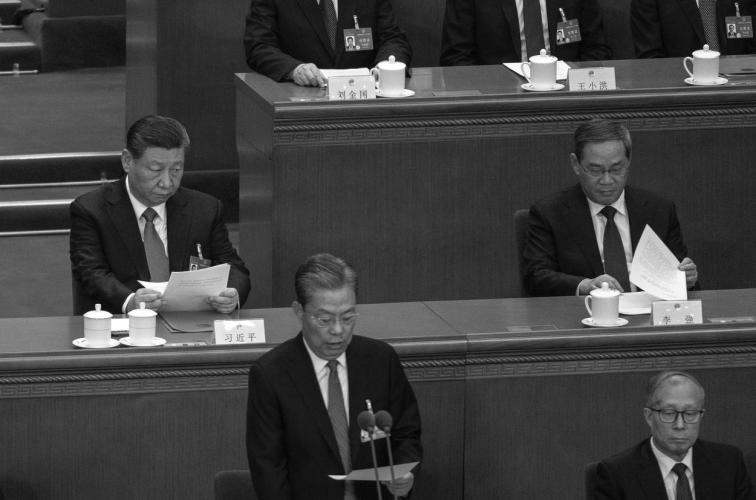

News magazine bootstrap themes!
I like this themes, fast loading and look profesional
Thank you Carlos!
You're welcome!
Please support me with give positive rating!
Yes Sure!